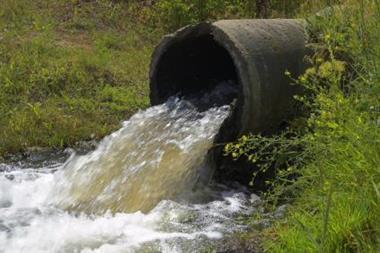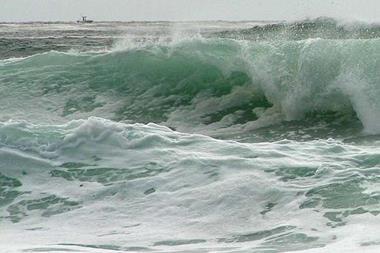The UK Environment Secretary announces the final structure of the Code of Conduct for Carbon Offsetting
UK Environment Secretary Hilary Benn has challenged the voluntary offsetting industry to provide strong standards for offsetting products so that they can be part of a landmark code of best practice for consumer offsetting products.
Benn announced the final structure of the Code, which will be backed by a quality mark. Emissions offset through accredited products will be calculated consistently and correctly, and consumers will be provided with clear information and transparent prices.
Said Benn: ‘If people are trying to reduce their impact on the climate, the first thing they should do is find ways to reduce their carbon footprint. But realistically, there are emissions that can’t or won’t be avoided, and that’s where offsetting can play an important role.’
‘That’s why the Government is developing a Code of Practice and a quality mark for high-quality offsetting products to help businesses and individuals Act on CO2.’
Benn said that as a starting point, the Code would only cover offsetting products using Kyoto-compliant credits initially.
‘I think it’s right that we set a high standard. It’s important that consumers who want to buy carbon offsets with confidence can do just that. When a consumer buys a tonne of carbon with the Government’s quality mark, they’ll know they’re buying a full tonne of carbon,’ he said.
‘However, we recognise that credits from the unregulated market may be innovative and of a very high standard. So we’re leaving the Offsetting Code open to high-quality voluntary offsetting products, provided the industry can provide a similar level of assurance about the standard of the credits.’
‘The challenge to the offsetting industry is clear: to establish a clear, rigorous standard for voluntary projects that deals with the concerns that have been raised. We will support them in developing that standard – and when we have the necessary guarantees, we’ll include high-quality voluntary offsets in the Code.’
The Government’s decision recognises the efforts of the industry so far to develop different standards for Voluntary Emission Reductions (VERs), and encourages the industry to come together and build on the existing groundwork.
“If people are trying to reduce their impact on the climate, the first thing they should do is find ways to reduce their carbon footprint.
UK Environment Secretary Hilary Benn
The Department for the Environment, Food and Rural Affairs (Defra) said the principles that will need to be addressed by an industry standard are:
• additionality, meaning that the carbon savings must be in addition to reductions that would be made anyway;
• avoiding carbon leakage, or emissions avoided on one site simply being moved somewhere else;
• permanence, ensuring that emissions reductions were not simply put off until later;
• verification systems for emissions reductions;
• transparency on the methodologies and procedures used; and
• avoiding double counting, ensuring that emissions counted in an offset product are not counted elsewhere, for example as savings through an emissions trading scheme.
Once an industry consensus has been reached on a standard for voluntary credits and it has been fully operational for six months, the Government has asked that an independent audit is carried out.
Compliance credits, also known as Kyoto credits, offer consumers a transparent system which allow consumers to trace their offset credits back to the projects that have generated them, and to scrutinise the full audit trail for each project and each tonne of emissions.




















No comments yet